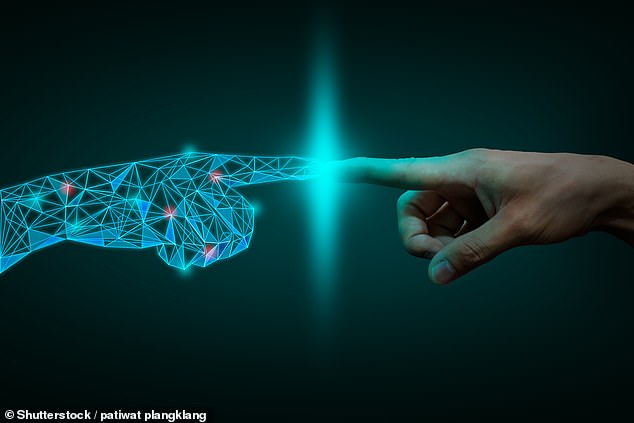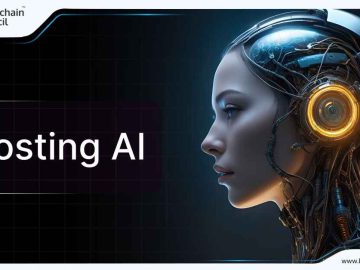The integration of artificial intelligence (AI) into content creation and personalization has significantly transformed digital marketing strategies. Businesses now leverage AI-powered tools and algorithms to produce high-quality, customizable content at scale, providing personalized experiences to users. This technological advancement addresses the increasing demand for engaging content across various platforms. AI-driven solutions, such as chatbots, automated content generation, and personalized recommendations, enhance customer engagement and drive sales. However, the adoption of AI also presents challenges, including ethical considerations, potential biases, and the need for significant investments. This article shares Sravan Yella’s insights and explores the impact, benefits, and challenges of AI in digital marketing.
The Power of AI in Content Creation
The integration of AI in content creation has revolutionized marketers’ ability to generate and deliver content. AI-powered tools, like Natural Language Generation (NLG) programs, produce human-like text on a large scale, allowing marketers to efficiently create personalized content for diverse audiences. A Narrative Science study found that 44% of industry leaders see AI-driven content generation as crucial for future success.
Persado, an AI tool, increased open rates of email subject lines by 195% compared to human-written ones, showcasing AI’s potential to enhance engagement. Beyond text, tools like Wibbitz and Wochit convert text-based content into engaging videos, with Wibbitz boosting user engagement by 27% and video views by 400% for Forbes.
Enhancing Personalization with AI
Personalization is a key strategy in digital marketing, with AI leading the way in delivering tailored experiences. AI algorithms analyze vast amounts of data, including user behavior and preferences, to generate highly specific content. Epsilon’s research found that 80% of consumers are more likely to make a purchase when brands offer personalized experiences. AI-driven dynamic landing pages exemplify this personalization, adapting in real-time based on user interests and leading to higher conversion rates. Instapage reported a 22% increase in conversion rates with their AI-powered landing pages.
Similarly, recommendation engines used by Netflix and Amazon leverage AI to suggest content and products, driving customer loyalty and increasing sales. Netflix’s personalized recommendations account for 80% of the content consumed on the platform, while Amazon’s recommendation engine contributes to 35% of all sales. AI-powered email marketing also shows impressive results, with the AI-driven platform Clymb reporting a 28% rise in open rates and a 15% increase in click-through rates. Stitch Fix, an online personal styling service, uses AI for personalized clothing recommendations, achieving a 296% growth in active clients within a year.
The Rise of Chatbots and Conversational AI
Chatbots and conversational AI are revolutionizing customer interactions by providing personalized support in real-time. An Oracle survey found that 80% of businesses planned to use chatbots for customer interactions by 2020. Juniper Research predicts that by 2023, chatbots will handle 70% of customer interactions, saving businesses over $8 billion annually. Sephora’s AI-powered chatbot, offering personalized beauty advice, has engaged millions, resulting in an 11% increase in makeover appointments.
Similarly, H&M’s chatbot on the Kik platform achieved a 71% customer engagement rate with personalized fashion advice. Voice assistants like Amazon’s Alexa and Apple’s Siri enhance personalized content delivery through natural language processing, with Adobe revealing that 71% of smart speaker owners use their devices daily, presenting a significant marketing opportunity.
Challenges and Ethical Considerations
While AI offers numerous benefits, it also poses challenges, says Sravan Yella. AI-generated content often lacks human writers’ creativity and emotional intelligence, necessitating human oversight for quality and relevance. A Gartner study predicted that by 2022, 30% of all content would be AI-created, highlighting the need for human editing and fact-checking. Bias in AI models is another concern; a University of Washington study found AI image recognition systems often reinforce gender stereotypes.
Ensuring diverse and representative training data is essential to mitigate such biases. Data privacy is a significant issue in AI-driven personalization, as algorithms require extensive user data. Compliance with regulations like GDPR and prioritizing transparency and user control over data are crucial for maintaining trust.
To conclude, AI-driven content creation and personalization are set to revolutionize digital marketing. As AI technologies continue to advance, marketers must adapt and harness these tools to remain competitive. Balancing AI automation with human creativity and ethical considerations is crucial for success. By prioritizing data security, addressing biases, and investing in the right tools and skills, businesses can leverage AI to create engaging, personalized content that resonates with their audience and drives real business outcomes.
Read More From Techbullion And Businesnewswire.com




